The cardiologist's diet: If it tastes good don't eat it
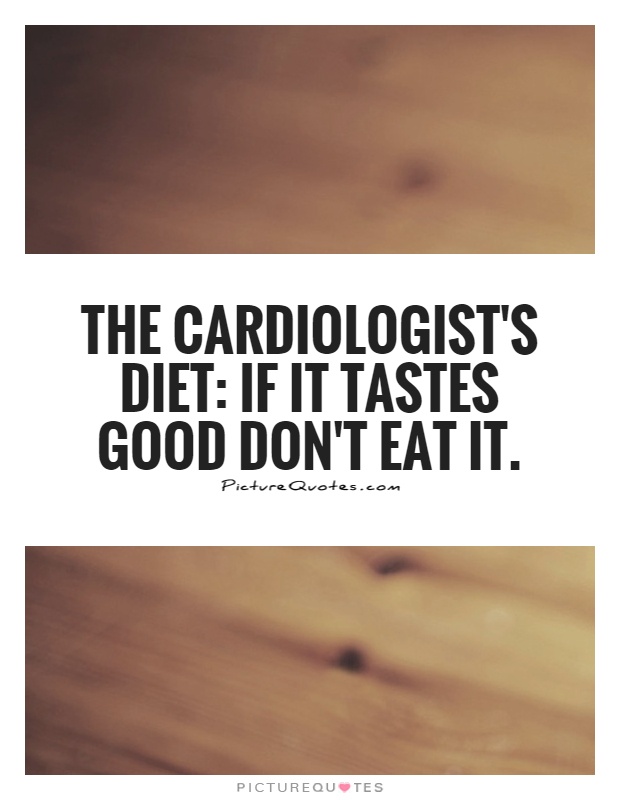
The cardiologist's diet: If it tastes good don't eat it
The phrase "The cardiologist's diet: If it tastes good, don't eat it" is a common saying in the medical community, particularly among cardiologists who specialize in heart health. This phrase emphasizes the importance of making healthy food choices, even if it means sacrificing some of the more indulgent and flavorful options.Cardiologists are well aware of the impact that diet can have on heart health. Consuming a diet high in saturated fats, cholesterol, and sodium can increase the risk of developing heart disease, high blood pressure, and other cardiovascular issues. On the other hand, a diet rich in fruits, vegetables, whole grains, and lean proteins can help to lower cholesterol levels, reduce inflammation, and improve overall heart health.
While it may be tempting to indulge in rich, decadent foods that are high in fat and sugar, cardiologists advise against it. These types of foods can contribute to weight gain, high cholesterol, and high blood pressure, all of which are risk factors for heart disease. Instead, they recommend focusing on nutrient-dense foods that provide essential vitamins, minerals, and antioxidants to support heart health.
Some examples of foods that are typically discouraged on the cardiologist's diet include fried foods, processed meats, sugary snacks, and sugary beverages. These foods are often high in unhealthy fats, added sugars, and sodium, all of which can have negative effects on heart health. Instead, cardiologists recommend choosing whole, minimally processed foods that are rich in nutrients and low in added sugars and unhealthy fats.



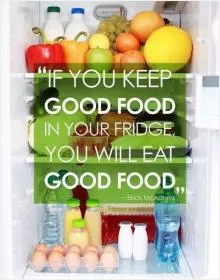
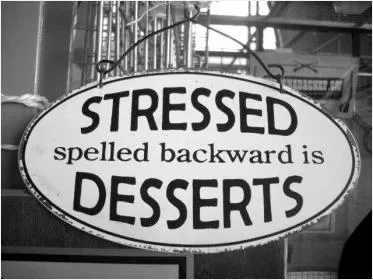
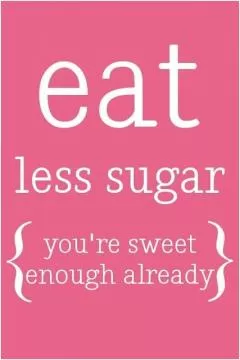

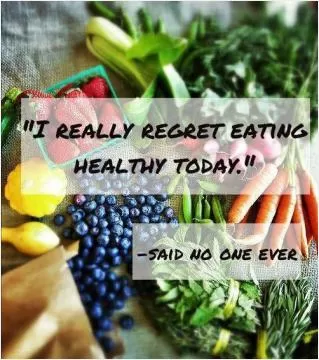
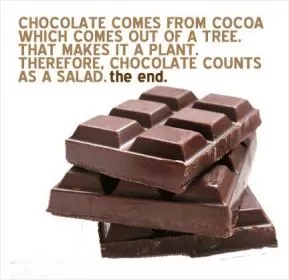


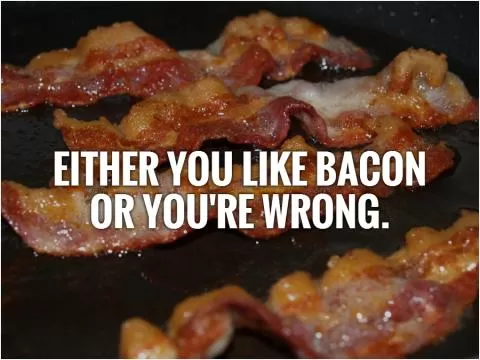
 Friendship Quotes
Friendship Quotes Love Quotes
Love Quotes Life Quotes
Life Quotes Funny Quotes
Funny Quotes Motivational Quotes
Motivational Quotes Inspirational Quotes
Inspirational Quotes